Is Pledging Patriotic?
Two Sides Weigh in on Just Practice
Students at Abington High School in Ms. McHugh’s homeroom stand for the Pledge of Allegiance before school begins.
May 21, 2019
At Abington High School the late bell rings, then over the announcements students are instructed to rise and say the Pledge of Allegiance. Students, in somewhat cult-like unison, stand and recite the few lines that are meant to express their gratitude toward the many personal freedoms that accompany their American Citizenship. But, should they?
Abington High School junior DJ Collins and history teacher Mr. DiPrizio represent two pools of thought on the practice of reciting the pledge.
Collins said, “Well, for me I’m a Christian. It feels like my religion is represented, so it feels good to say ‘Under God.’ And personally, I feel that the school should have to stand for the Pledge of Allegiance and have to hear it each day.” The general idea of Collins’ comment, that students should show respect and reverence through the pledge, is a popular opinion. After all, each classroom is instructed to stand and recite the pledge each morning.
To me [the pledge] kinda says we want you to think for yourself, but you have to do this everyday and you have to be patriotic and under God.
— Mr.DiPrizio
If you’re a student reading this you likely recited the pledge this morning. But did you want to, and an even better question is did you reflect upon the sacrifices made for your freedoms?
Mr. DiPrizio’s stance is an embodiment of the other faction: the group that would prefer to give students the choice to stand and recite the pledge or just sit without the need for justification. Mr. DiPrizio said, “I’ve never been a fan a the Pledge of Allegiance. First and most important, I think it’s a violation of the First Amendment, not only the ‘Under God’ part, which was kind of added in later during the fifties when there was this big religious revival thing under Eisenhower” but also “the compulsory implication.”
He said that “even though it’s not technically mandatory, many teachers expect it. And from a young age [teachers] tell students to stand up and do it, or call them out, or it’s an embarrassing thing if you don’t. That compulsory approach is both a violation of freedom of religion and freedom of speech, by expecting this of students when they may not understand or want to participate for personal religious or whatever reasons they have. Yet, it is still frowned upon if you don’t.”
From an educational perspective, Mr. DiPrizio said, “I think that pressure from teachers and peers runs contrary to everything we try to do as educators: to have students think open-mindedly and make judgments based on given facts. You know, take initiative with their learning and their beliefs. To me [the pledge] kinda says we want you to think for yourself, but you have to do this everyday and you have to be patriotic and under God. To me, that runs contrary to the ideas we’re trying to establish here.”
When asked whether he stands, Mr. DiPrizio said, “I don’t. I have been sitting a long time. The split [of] who stands in my class is about half.”
The 2018-2019 Abington High Student Handbook makes zero references to required conduct during the pledge, and the same number of references to the pledge itself. So if the monotonous oath you give to your nation each day seems like a chore, rather than mindlessly recite it, take those 10 to 15 seconds to reflect on how you feel about the nation.

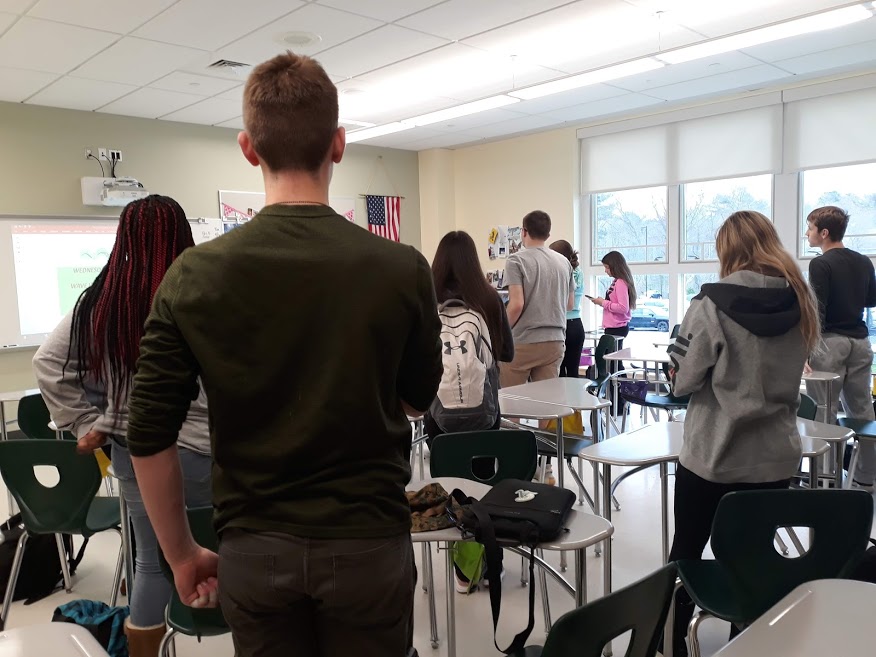

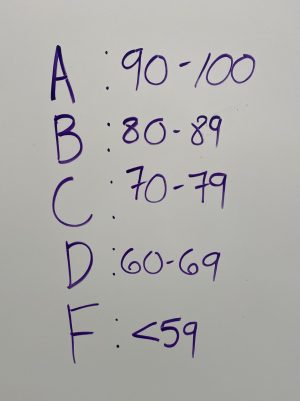
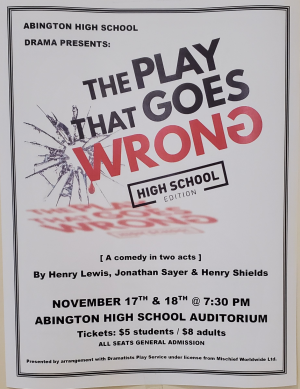


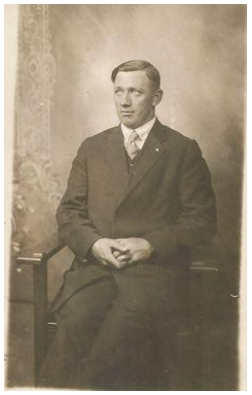

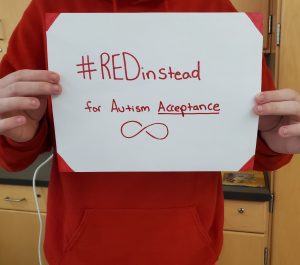

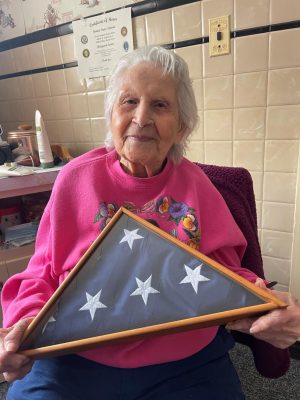
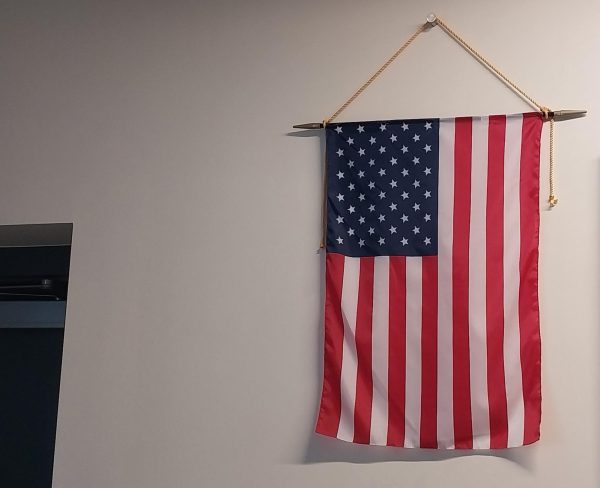
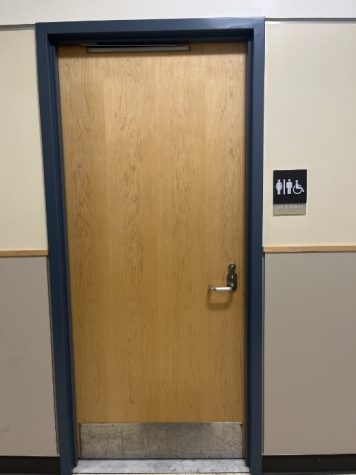
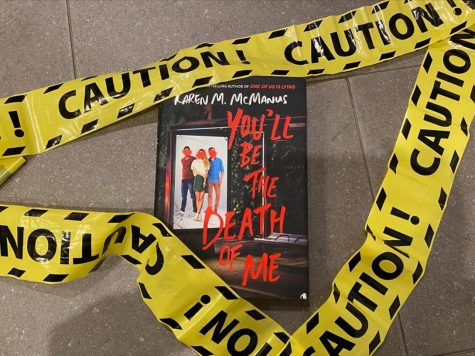
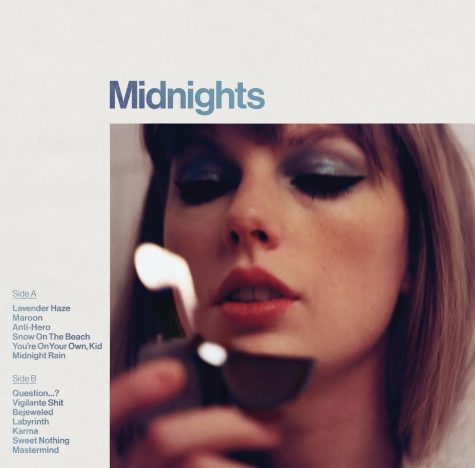

Jonathan Aiello • Jun 11, 2019 at 10:48 AM
Interesting read!
Matt Desouza • Jun 11, 2019 at 10:41 AM
Very interesting article Cam.
Declan Hamill • Jun 11, 2019 at 10:25 AM
Thank you Cam, very cool!
Michael DeBono • Jun 7, 2019 at 9:31 AM
Very insightful. Great Job!